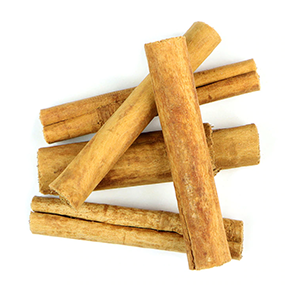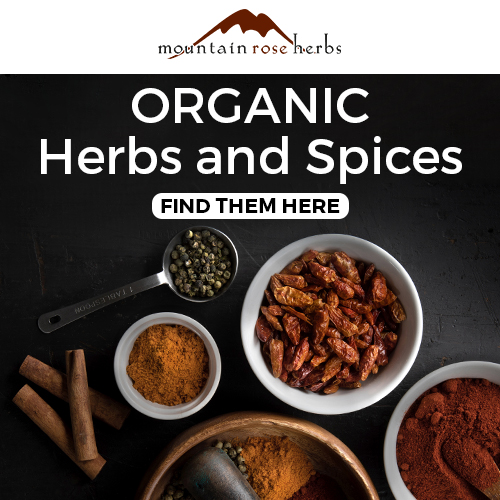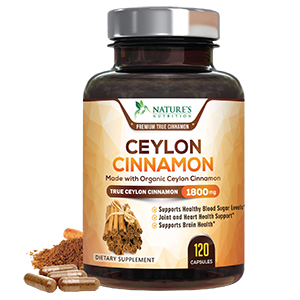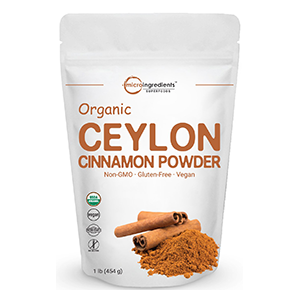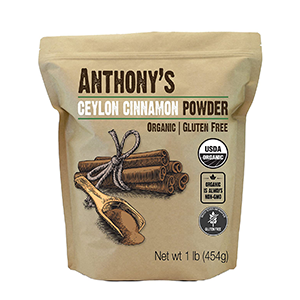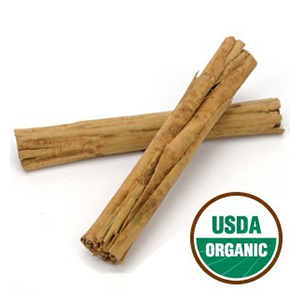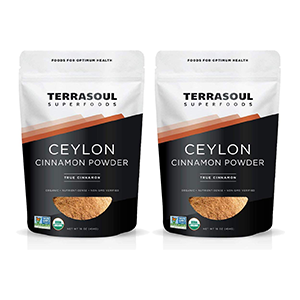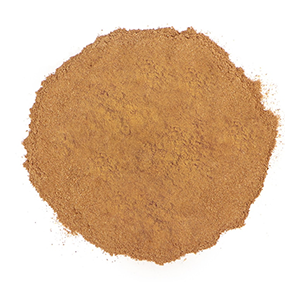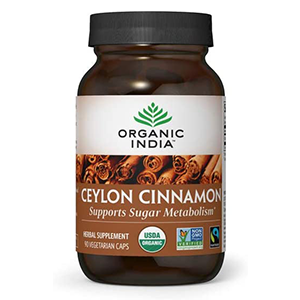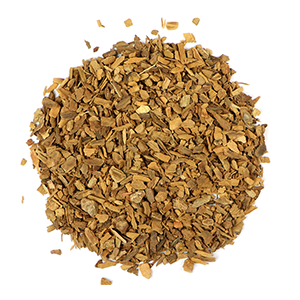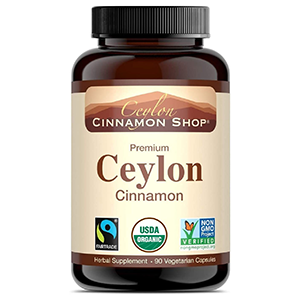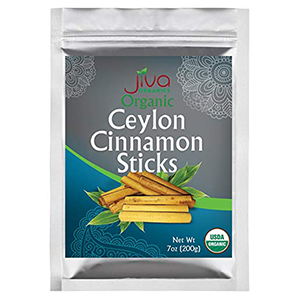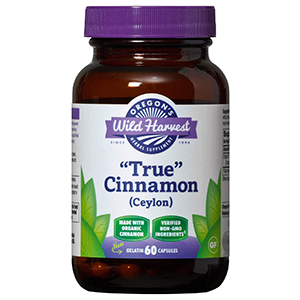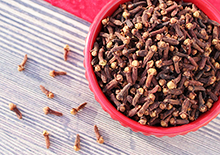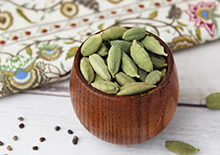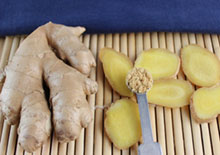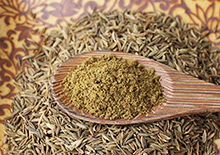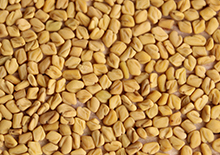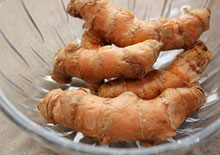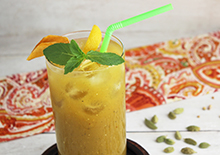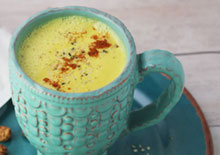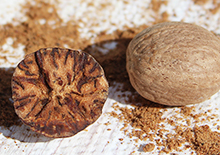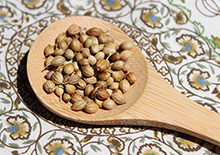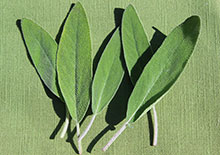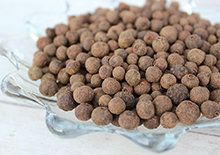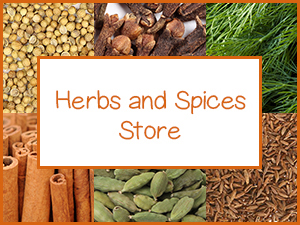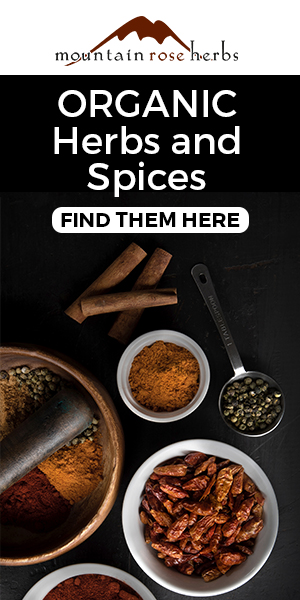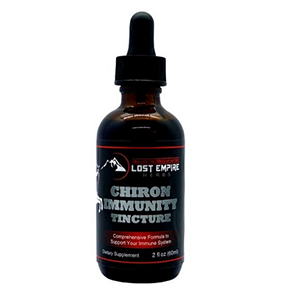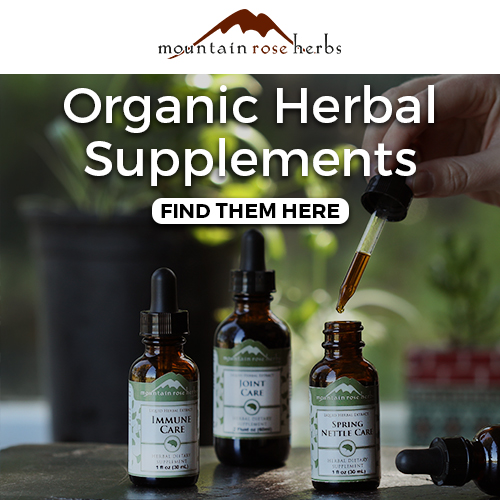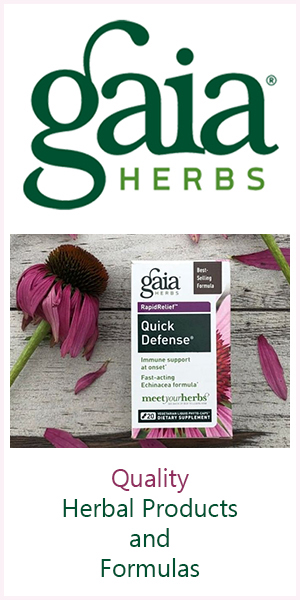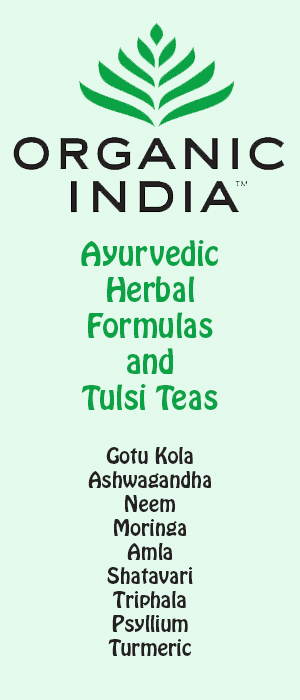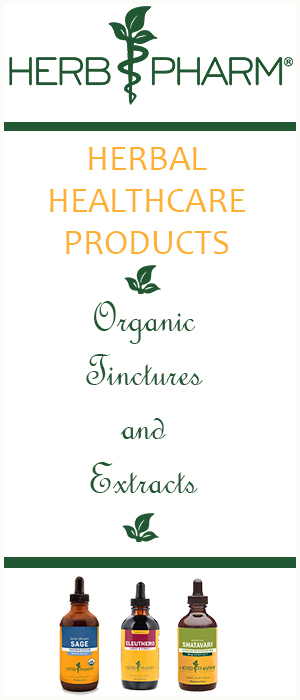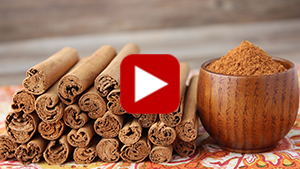- Home
- Herbs and Spices
- Ceylon Cinnamon
Ceylon Cinnamon, When It Can Be Better Than Cassia
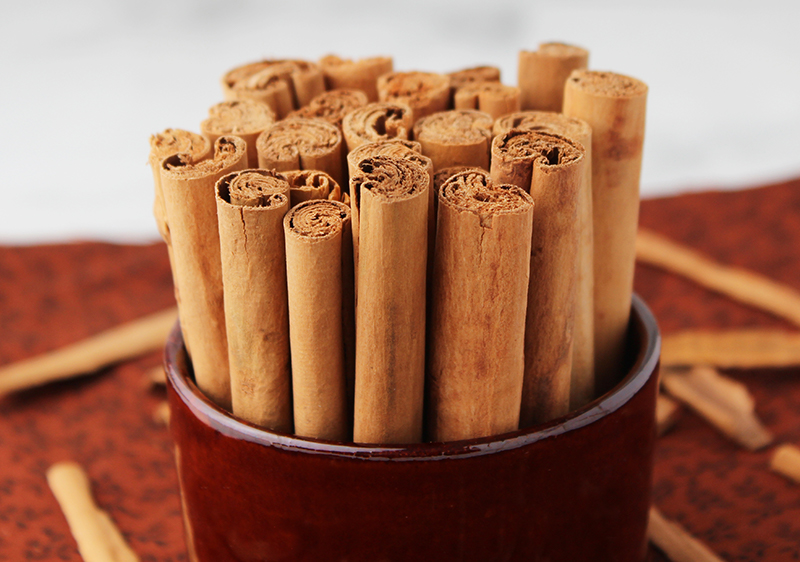
There are basically two categories of cinnamon spice, Ceylon cinnamon and Cassia cinnamon. Cassia is frequently used as a generic term for some species in the genus Cinnamomum. The major ones include C. cassia, C. burmannii and C. loureiroi.
Ceylon cinnamon is the bark derived from the Cinnamomum verum
tree species native to Sri Lanka, which was formerly known as Ceylon
before 1972 and also the home of Ceylon black tea. Different than the
common cassia cinnamon like Cinnamomum burmannii found in most kitchen spice racks; Ceylon is a less pungent variety that has a sweeter taste.
Table of Contents
Intro | Two Examples When Ceylon Preferred | Why Ceylon Supplements Better | Precautions | Shop
Ceylon is peeled from the inner bark of the tree's shoots into long to
medium-sized quills which have a thin softer layered breakable bark texture
compared to the hard single-layered cassia sticks most people are
familiar with. Ceylon sticks are processed by rolling numerous strips and
packing them tightly together.
It is also called "true cinnamon"
simply because the Latin name "verum" means "true", NOT because other
cassia types aren't "real" cinnamon.
In the past, Ceylon or
Cinnamomum verum (previously botanically listed as Cinnamomum
zeylanicum) used to be harder to find and much more expensive. However,
in recent times Ceylon has become the preferred variety among many
health-conscious consumers for a number of reasons.
It is consequently now widely available from many online suppliers and really just a couple dollars more than the average Indonesian, Chinese and Vietnamese selections.
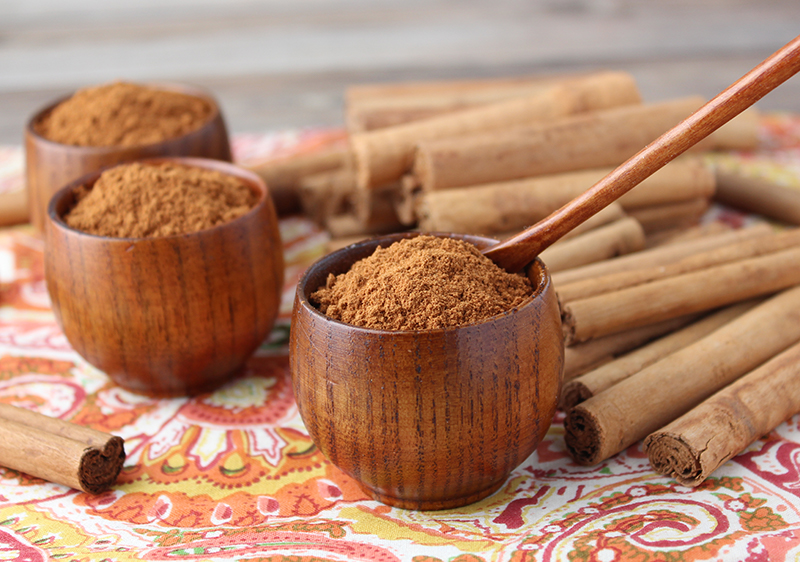
Two Examples When Ceylon Cinnamon Might Be Preferred
1) Using Cinnamon for Dietary Supplementation
2) Ceylon Cinnamon is Better for Making Tea
1) Using Cinnamon for Dietary Supplementation
When considering nutritive herbal adjuncts for managing certain metabolic disorders, cinnamon is often first on the list for its potential at supporting healthy blood sugar metabolism.
Both cassia and Ceylon cinnamon varieties contain different reported health-promoting compounds like cinnamaldehyde, the main one often linked in research for influencing glucose and lipid improvements as well as age-related inflammatory conditions.
Although evidence is still inconclusive, in one 2019 study, ground cinnamon was shown to have a regulatory outcome on blood glucose levels in healthy adults. It was identified that benefits increased with a larger daily dose amount of between 3-6 grams.
We measured cinnamon powder on a scale and one teaspoon weighed 2 grams. So, 3-6 grams would be approximately 1 ½ to 3 teaspoons.
Likewise, positive results of cinnamon supplementation have also been indicated in some nutrition research for patients with type 2 diabetes. (*)
While cinnamon tea and the powdered spice may have a beneficial influence, cinnamon in the form of a dietary supplement is often considered the most effective choice for such purposes in addition to being the most convenient for regular use.
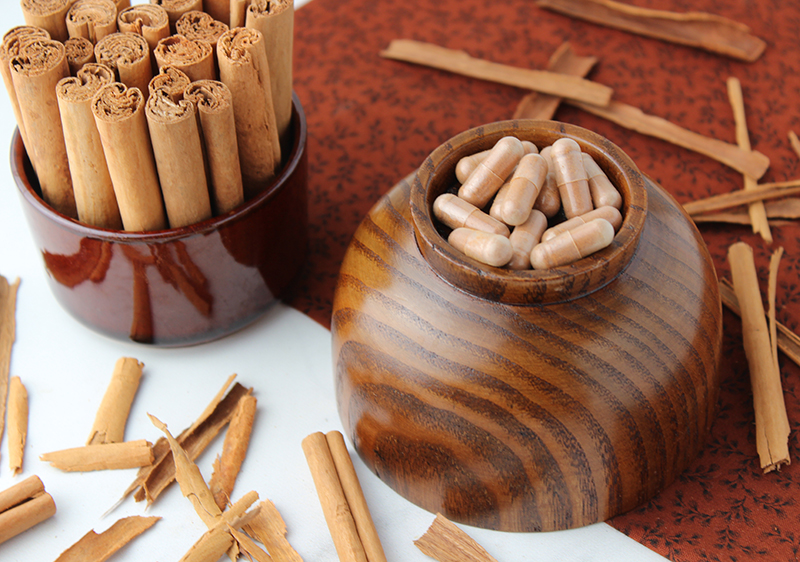
Why is Ceylon Cinnamon a Better Supplement Choice?
When used as a dietary supplement, Ceylon cinnamon is a much better alternative to cassia varieties for one simple reason. It contains much less coumarin content. Coumarin is a natural plant substance and aromatic compound that is especially high in two main sources: cassia cinnamon and tonka beans.
When used occasionally in small
quantities, coumarin can be a health-promoting substance. Nevertheless,
it has been demonstrated in scientific research to have toxic effects, especially on the liver when consumed frequently in higher-than-normal doses.
The average cassia dose when consumed as an occasional tea or herbal spice
is usually fairly low. However, when used as a dietary supplement,
these levels can go beyond the recommended safety precautions,
especially when taken over an extended period of time.
Supplements can be straight powders, extracts of the bark or combinations of the two. The latter is often the case if you happen to be using them as complimentary support for certain health issues mentioned.
Visit our Cassia Vs Ceylon Cinnamon page for more on the two differences and coumarin content.
According to the European Food Safety Authority, the TDI or Tolerable Daily Intake level is 0.1 mg of coumarin per kg of body weight. (*) So when we do the math, this would translate as approximately 7 mg of coumarin for a 150-pound (70 kg) person.
While some quality supplement brands in fact test their cassia cinnamon-based products for coumarin levels, most supplement manufacturers do not currently provide this service. Therefore, caution is indicated when using cassia-based cinnamon supplements in higher-than-average amounts. This would include varieties like Cinnamomum burmannii (Indonesian cinnamon), Cinnamomum cassia or aromaticum (Chinese cinnamon) and C. loureiroi (Saigon cinnamon).
On the other hand, Ceylon cinnamon (Cinnamomum verum or zeylanicum) is known for its relatively low levels of coumarin and is regarded in some research to be better for longer-term use.
It is always important, however, to seek the advice of a qualified medical professional before using Ceylon cinnamon supplements or powder if you have major health concerns.
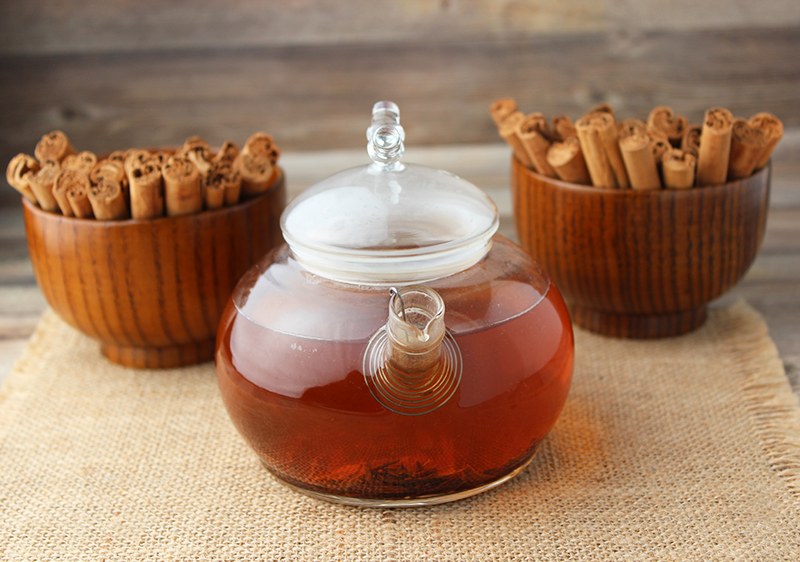
2) Ceylon Cinnamon is Better for Making Tea
Another example of when Ceylon cinnamon can be better than cassia
types is when making cinnamon tea. From a culinary perspective, it's
often considered a "higher quality" cinnamon because of its unique taste
profiles, if you've ever had a cup of Ceylon cinnamon tea you will
understand why.
Ceylon cinnamon is commonly called "sweet cinnamon" due to its low bitter coumarin content and less pungent sweeter taste. It is frequently the preferred variety when making tea because of its tasty flavor.
Hot water infusions of cinnamon powder or sticks can be a healthful way to incorporate cinnamon into your diet for its medicinal potentials. And, compared to common cinnamon, the Ceylon variety is best also from a safety standpoint.
It has an energizing uplifting and warming influence but is not overly hot which can irritate Pitta constitutions and conditions. It's likewise good for digestion, circulation and a cup of tea can be a nice mid-day pick-me-up" for preventing fatigue and boosting mental alertness.
The quills can be broken up and infused in a teapot OR, according to Sri Lankan methods, it is good to slow decoct on a low boil for 20-30 minutes to extract the beneficial components.
Precautions:
It is advised to consult your healthcare provider before using Ceylon cinnamon for supplemental use if you are pregnant, nursing, have diabetes or other serious medical conditions or are taking any over-the-counter or prescribed medications.
Shop Related Products (About Affiliates & Amazon Associate Paid Links)
Affiliate Disclaimer: This section contains affiliate product links. If you make a purchase through our recommended links, we receive a small commission at no additional cost to you. Thanks for the support.

